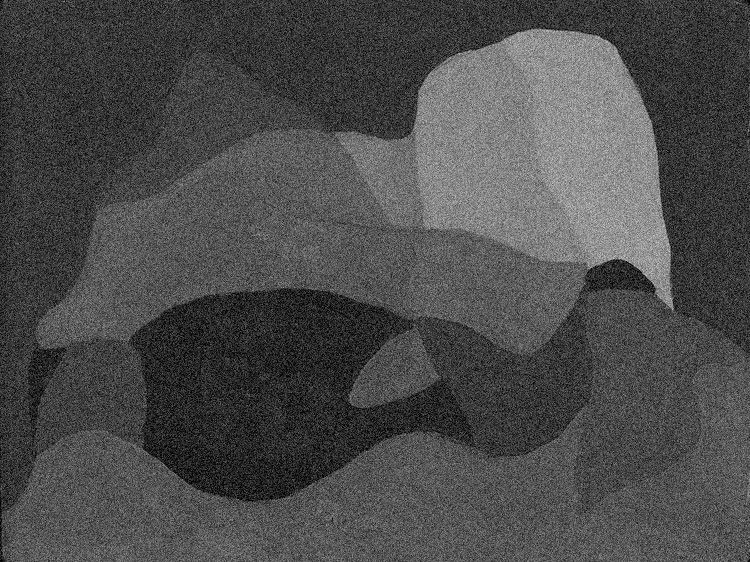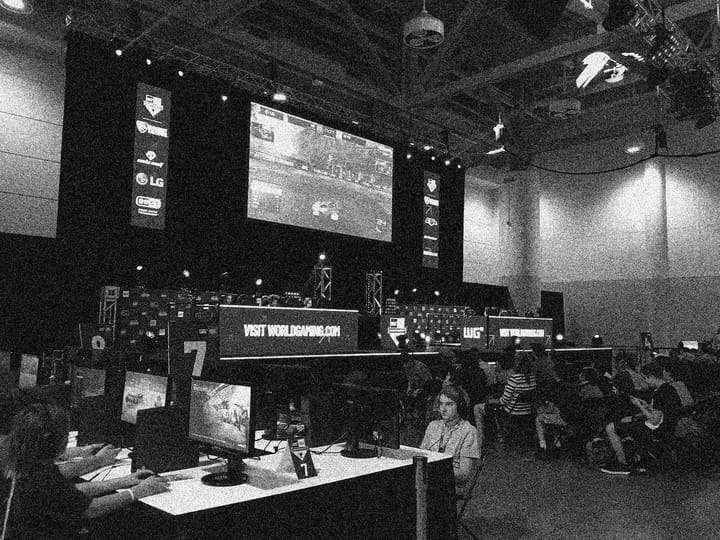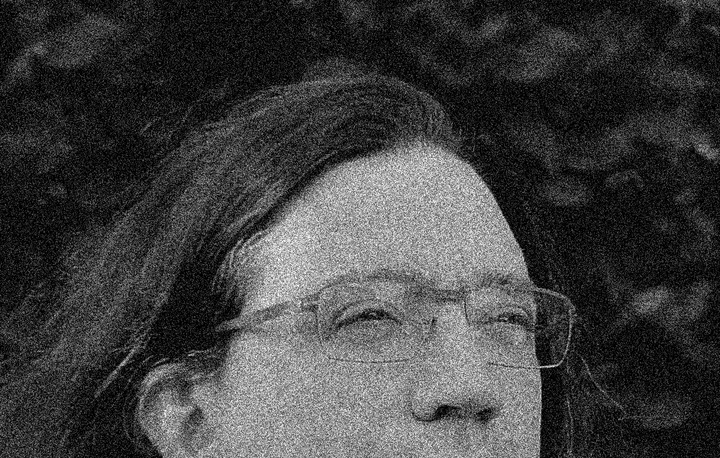“Political Realism” is Ideology
I fear that 2020 will teach the Democrats a costly lesson about the dangers of getting swept up in ideological movements distinguished more by political realism than enthusiasm.

For many pundits, the Bernie Sanders campaign is uniquely “ideological.”
The writer-journalist and director of political studies at the think-tank Niskanen Center in Washington DC (named after William Niskanen, a once member of the Council of Economic Advisors during Roland Reagan’s presidency) Geoffrey Kabaservice notes at the end of a recent article for The Guardian: “I fear that 2020 will teach the Democrats a costly lesson about the dangers of getting swept up in ideological movements distinguished more by enthusiasm than political realism—which histories sometimes refer to as ‘children’s crusades.’”
Suspending criticism of Kabaservice’s ridiculous comparison to the medieval campaign of recapturing the Holy Lands in 1212 (though the taste for inappropriate metaphors seems to be an affliction of journalists and commentators these days), the “lesson” to be learned from the Democrats’ potential defeat in the 2020 election is that moving “too far left,” which here functions as a synonym for being “swept up in ideological movements,” is disastrous for the Democrats (they will lose the election) as well as the country (we will get four more years of Trump).
Kabaservice is by no means alone in his critical assessment of the limits of ideology in favor of a “political realism.” James S. Robbins wrote a piece in USA Today on the internal struggle in the Democratic Party, taking note of the struggle for a “balance between ideology and pragmatism.” This description of the central political conflict of the Democratic race was also noted in a Los Angeles Times article that positioned Sanders squarely on the “ideological” side of the conflict, describing the Senator as a “blow-up-the-system outsider.” And according to David Frum in an opinion-piece for The Atlantic, the Sanders campaign “aims first and foremost to reinvent the Democratic coalition as a narrower ideological movement, in much the same way that the once-broad Republican coalition has been transformed.”
What is distinctive about the articles and interviews quoted above is that ideology is not defined. It is simply posited as if its meaning were so obvious and self-evident that it requires no explication. The only delimitation of the concept offered is negative: ideology is what “political realism” is not.
Realism, we are led to believe, means being clear-headed, measured, reasonable, pragmatic and flexible. In other words, realism is the very opposite of ideology. It is its rational other.
But is realism immunized from ideology? Is it an “ideology-free” zone that, having internalized the lessons of the ideologies of the twentieth century, keeps madness interned?
Ideology is structured by four interconnected elements: first, it is an organization of ideas about things (events, individuals, groups, and so on); second, those ideas are grounded, produced, and circulated in, by and through particular social institutions and practices (legal, penal, economic, militaristic, educational, cultural, etc.) instead of floating freely in some cosmic ether of notions; third, those ideas, through their connection to institutions and practices, generate representations, and thus also misrepresentations, about the reality in which we exist; and fourth, those representations are internalized by us as if they were absolutely self-evident, obvious, common-sense truth of how things are. Internalization means the integration, at the psychological level and at the level of everyday actions, of unnatural representations and practices in such a way that they become naturalized.
For our purposes, two functions of ideology are important: first, our ways of behaving, thinking, and acting are disciplinary mechanisms that render individuals predictable, and thus easily controlled. Second, ideology functions to reproduce certain given orders of society. But this reproduction of given orders does not operate as an externally imposed, decisively repressive, mechanism (there is no soldier who follows you into the voting booth, forcing you to tick one specific box). Because ideology is internalized, you feel like you are the one in control over your actions.
With all this in mind, it is clear that “political realism” is itself a form of ideology. In fact, one could argue that the appeal to “political realism” is a contradictory denial of the ideological character and function of ideology by ideology. Realism is not, as the term suggests, a political orientation that forms its shape in relation to a reality that can be directly accessed. “Reality” is not “out there” as an empirical thing to be touched, observed or sniffed. It is, rather, a representation generated by a particular field of practice—journalism and political commentary, for instance.
These fields are, of course, not free from “biases.” One way of both registering these “biases” and covering them up is the distribution of the “opinion-piece.” Instead of engaging in scientific investigation—presenting their knowledge with the aid of slow, careful and difficult exposition, through demonstrations, proofs, deductions, experimentation, and, crucially, self-criticism of the certainties (and thus immanent fallibility) of our reality—opinion-pieces trade in images whose function is to circulate as widely and rapidly as possible in the hope of changing the minds of some of the electorate. In other words, the opinion-piece trades in rhetorical seductions—some more sophistical than others, some more bombastic than others, and some more disconnected from the elements, processes, and mechanisms that constitute our reality than others.
Lest I be misunderstood, the political function of political commentary as seduction is not to be denounced outright. It is an important function in political ideology. What should be rejected is both the misrepresentation of seduction as self-evident fact and the representation of ideology as a frozen, hyperbolic, and unchanging thing (“inflexible” as Mayor Pete puts it).
One of the great strengths of the Sanders campaign is precisely its reinvigoration of political ideology as a necessary force in politics. It is not “ideological,” however, in the indexical sense of totalitarianism of the twentieth century. It is ideological in the sense that it tries to construct an understanding and a commitment to a reality does not exist but that needs to exist. This ideology is neither disconnected from the “realities” of the structures and mechanisms of government nor does it conceive of itself as an immutable image to be mapped onto all situations at all times. We need ideology more than ever today, just not one that paints “moderation” as “political realism.”
■
Hammam Aldouri teaches at Temple University in Philadelphia.



